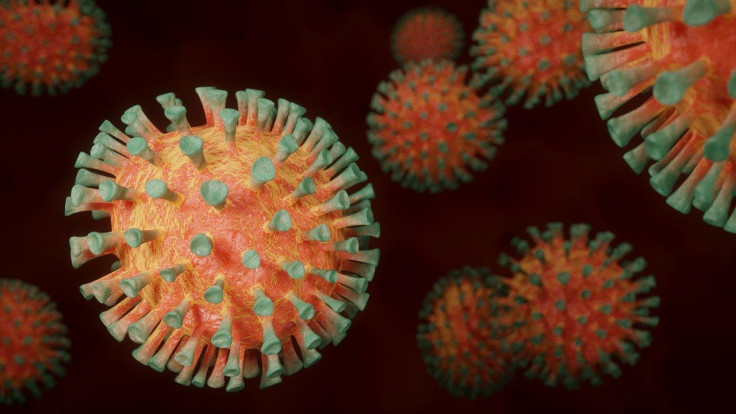Coronavirus: COVID-19 Has Mutated To At Least 30 Different Strains, Study Reveals

Severe acute respiratory syndrome coronavirus 2 (SARS-CoV-2), the coronavirus that causes COVID-19, might have mutated as many as 30 times since its first confirmed case in December 2019 in Wuhan, China. These mutations could mean one vaccine alone can't immunize people against all the mutations of SARS-CoV-2 spreading worldwide, according to an alarming study authored by a team of 14 Chinese scientists.
The preprint of this non-peer reviewed study, "Patient-derived mutations impact pathogenicity of SARS-CoV-2," was published Sunday in Medrxiv, the medical website distributing unpublished manuscripts about health sciences.
The study reported an "intrapersonal variation and 6 different mutations in the spike glycoprotein (S protein), including 2 different SNVs (single-nucleotide variants) that led to the same missense mutation. Therefore, we provide direct evidence that the SARS-CoV-2 has acquired mutations capable of substantially changing its pathogenicity."
It recorded at least 30 different genetic variations of SARS-CoV-2. This eye-opening finding means different strains of SARS-CoV-2 now affect different parts of the world, leading to huge challenges in finding an overall cure or a single vaccine effective against all these mutations.
Researchers analyzed strains from 11 randomly chosen coronavirus patients from Hangzhou, the capital of Zhejiang province. At the time of the study, there were 1,264 reported cases in Hangzhou. Researchers then tested how efficiently they could infect and kill cells. More than 30 different mutations of the virus were detected, of which 19 were previously undiscovered.
Researchers found that some of the most aggressive strains of SARS-CoV-2 were able to generate 270 times the viral load as the weakest strains. More disturbingly, the aggressive strains killed the human cells fastest. The study says the "true diversity" of the viral strains is underappreciated and must be understood in order to find a treatment or vaccine.
"Drug and vaccine development, while urgent, need to take the impact of these accumulating mutations, especially the founding mutations, into account to avoid potential pitfall," said the study.




















